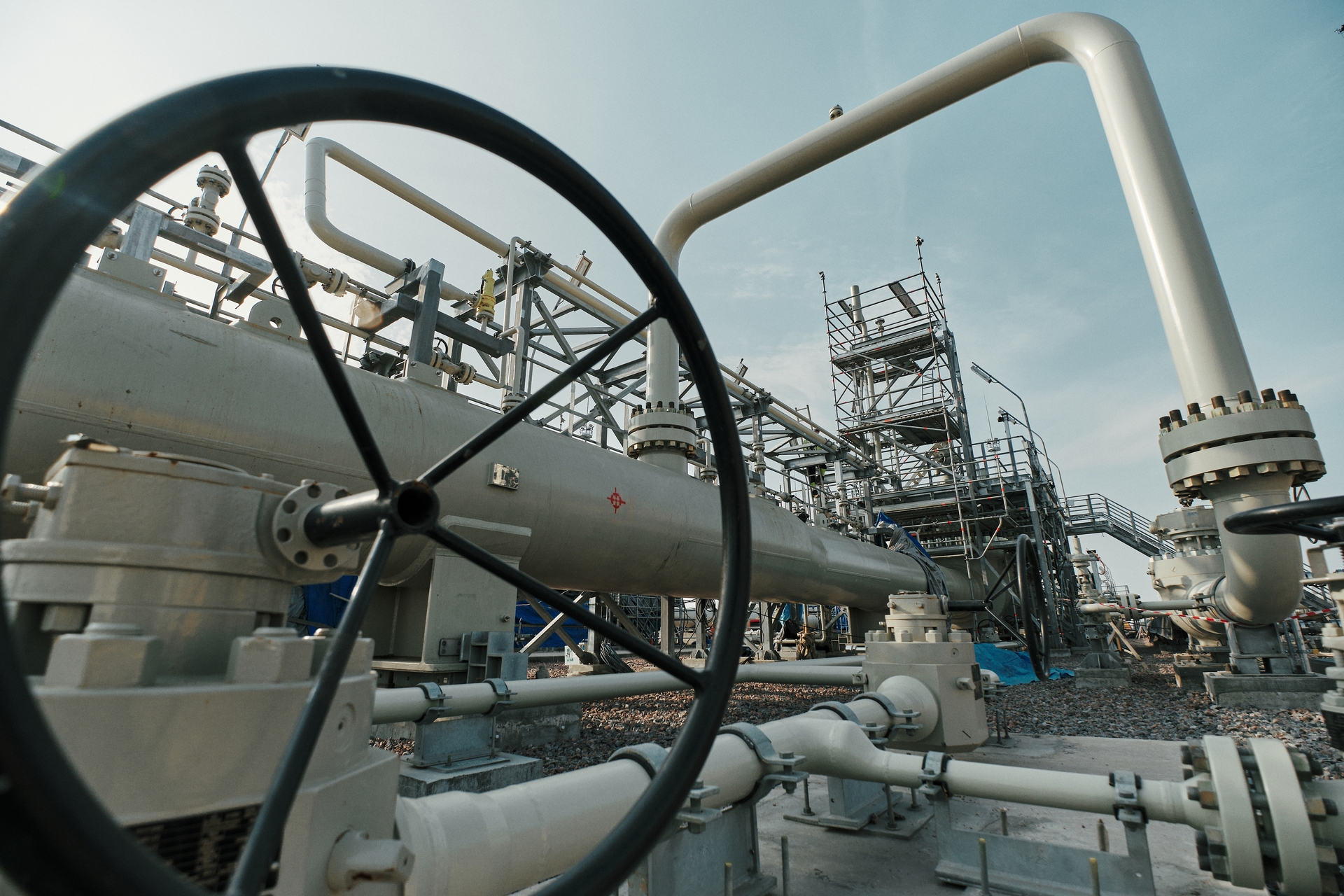Russian Foreign Ministry spokesman Maria Zakharova called "political aggression" the call of the acting US Ambassador to Germany, Robin Queenville, to impose a moratorium on the construction of the Nord Stream 2 gas pipeline.
Quinville said in an interview with Handelsblatt that "the time has come for the EU and Germany to declare a moratorium on the construction of the gas pipeline."
According to her, such a measure will be a clear signal that Europe no longer accepts "Russia's continuing harmful behavior."
“This gas pipeline is not only an economic project, but also a political instrument of the Kremlin, with the help of which it is planned to bypass Ukraine and divide Europe,” Quinville said.
A spokesman for the Russian foreign policy department in her Facebook called such a statement "fantastic" and recalled that on March 5, 2014, the American newspaper The Washington Times published an article with the headline: "The Reagan Administration warned that Russian gas supplies through Ukraine would weaken the West."
The article, Zakharova noted, said that in 1981, advisers in the administration of US President Ronald Reagan called for opposition to a new pipeline from Russia to Europe.
The White House then said that such a "strategy is aimed at limiting the economic leverage of Soviet influence in the West," she said.
“This is the dichotomy.
The Russian pipe, where, when and no matter how it goes, no matter what treaties it is legitimized, has evoked one reaction from the United States for decades - political aggression and illegal opposition, ”Zakharova stressed.
“I would like to tell Washington:“ You can't play against the rules.
If you want to be a responsible player in the international economy, you have to play by the rules, ”Zakharova said.
She recalled that it was precisely this phrase that was uttered by the former US Secretary of State Condoleezza Rice in the context of Russian gas in 2006.
“Time has returned the United States to their own appeal,” Zakharova noted.
Let us recall that the Nord Stream 2 gas pipeline runs from the Russian coast in the Baltic Sea to Germany.
The United States, which is promoting its liquefied natural gas in the EU, is actively opposing the completion of construction, arguing that the project allegedly threatens Europe's energy security.
In particular, the American side has repeatedly announced the introduction of restrictive measures designed to prevent the completion of construction.
So, at the end of 2019, American leader Donald Trump approved the country's defense budget for the new fiscal year, which, among other things, included sanctions against the Russian pipelines Nord Stream 2 and Turkish Stream.
The document said that restrictions would be imposed on vessels laying pipes deeper than 100 feet (30 m), as well as companies that sell or rent such vessels.
© nord-stream2.com
After that, the Swiss company Allseas, which was laying pipes for Nord Stream 2, fearing possible sanctions from Washington, stopped its participation in the project.
The head of Gazprom, Alexei Miller, then said that the pipeline would be completed on its own, noting that Russia has no technological obstacles for this.
In October 2020, the US expanded its interpretation of the provisions of the law that imposed sanctions on Russian gas pipelines.
The State Department said that the restrictive measures will now be able to affect companies that also provide services or goods for ships participating in the Nord Stream 2 and Turkish Stream projects.
In addition, in early December, the US Congress agreed to expand the sanctions on gas pipelines.
The new restrictions were included in the draft US defense budget for 2021.
US Energy Secretary Dan Bruyette, commenting on the decision of the Congress on his Twitter, said that the Russian gas pipeline allegedly damages the security and sovereignty of the EU, and also strengthens Russia's dominance in the natural gas markets of Europe.
At the same time, the European Commission opposed American sanctions, criticizing the attempt by third countries to interfere in European politics.
The representative of the EC press service Peter Stano noted that if Washington applies a new package of restrictions, the EU will defend the interests of its companies.
Press Secretary of the Russian President Dmitry Peskov, commenting on the US intention to expand sanctions against the gas pipeline, called it a manifestation of unfair competition, contrary to the principles of international trade and international law.

